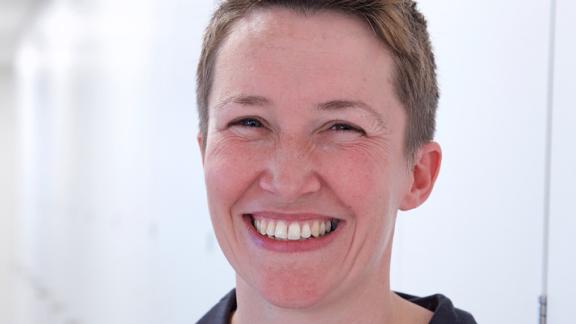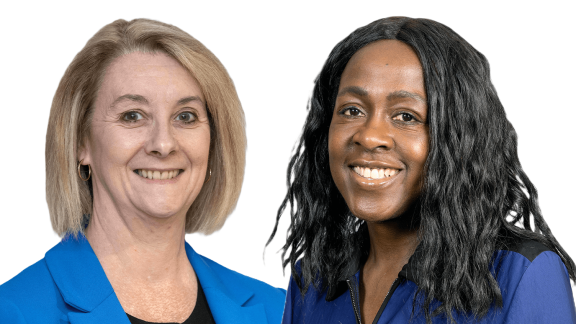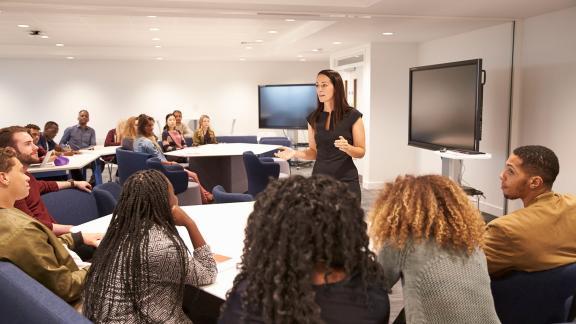What does a leader look like?

The way leaders are leading is changing and can be at variance to preconceptions of what leadership is. Fortunately, because of this, explains Sarah Walter, assistant director of the ICS Network, we are beginning to broaden the conversation on what leadership looks like.
This time last year I was in the depths of writing my dissertation, exploring the role and focus of the NHS Confederation’s Health & Care Women Leaders Network and considering how the network might develop in the future. As previous chair and a keen advocate of the network, I felt lucky to have this opportunity to explore the issues with some network members and consider what we might learn from the wider literature on diversity networks and leadership development.
The research findings were fascinating. Interviews with network members highlighted the importance they placed on the network’s role in seeking gender equality and bringing about broader social change.
“We need to be clear about what our purpose is of coming together. Our purpose isn't coming together - as lovely is it is - to have good conversations about women's issues; our purpose is to have an impact on the change and to influence that change so that women's lives get better.” – Research interviewee
The findings demonstrated the value of women-only spaces, and also recognised the importance of allyship and the role that men can have as positive ‘change agents’. The work also explored the notion of intersectionality and the importance of creating an environment in which people are open to learning and expanding their insight and understanding of others’ experiences.
One of the research areas that had the biggest impact on me was the exploration of notions of leadership identity. The majority of interviewees associated the concept of ‘leadership’ with a way of behaving and working with others, rather than being connected to a formal job title in an organisational hierarchy. They talked convincingly about leadership as an inclusive concept related to notions of influencing others, building relationships and moving towards a common goal.
“I just wonder if there’s something about how we need to be more overt about when we say ‘leaders’ we’re not talking about senior people – we’re talking about people who want to lead – and that could be at every level.” – Research interviewee
These views about leadership as a concept however were often at odds with how individuals viewed themselves. When asked whether they saw themselves as a leader, many interviewees struggled to associate themselves with the term and described a sense of imposter syndrome.
“I know that I've struggled for years with others seeing me as a leader and I didn't want them to see me like that. I've had to accept that actually others do see me as a leader. And I've learned to be more comfortable in my own skin with that.” – Research interviewee
The research explored a number of issues that might be behind this mismatch between what individuals believed as a set of principles versus the experience that they personally felt. We know that systemic bias has created an environment in which many of us have internalised these cultural beliefs about gender and workplace roles and practices (and we know that this is an even more significant issue for those women from non-dominant groups). This is a social context which the Health & Care Women Leaders Network is well placed to challenge.
“People need to see ‘different’ in leadership roles.” – Research interviewee
I’m delighted therefore that one of the immediate actions to come out of the research is a visual campaign that helps to support a broader notion of what we mean by ‘leadership’, helping to celebrate the breadth that we can see in ‘leaders’ across the sector – and reinforcing that that can - and should - apply to all of us by virtue of the behaviour, values and attitudes that we bring.
I personally hope that this more expansive view of leadership will be of benefit to all parts of our community – not just women. By breaking down some of the current societal norms and expectations, we can seek to create a more welcoming and diverse space in which everyone can thrive and operate in a way that is true and authentic to them.
Sarah Walter is assistant director of the ICS Network, which is part of the NHS Confederation.



